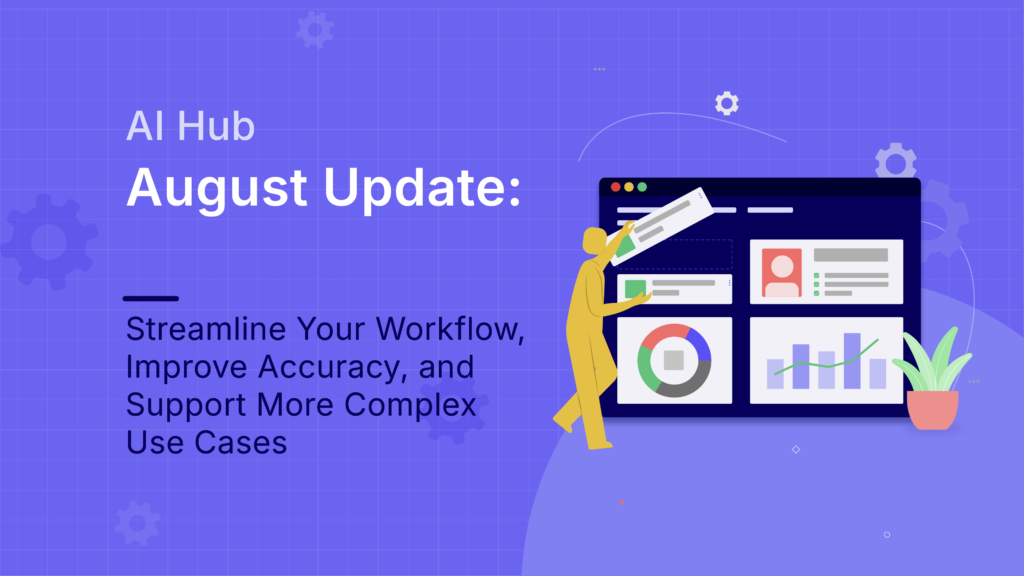The financial services industry is an excellent fit for process automation powered by deep learning. Automation technologies improve business processes by streamlining labor-intensive and time-consuming activities. That streamlining allows banks and other financial services organizations to complete thousands of hours of manual reporting work in just minutes with little or no human involvement.
Deep learning technologies can overcome many of the challenges of process automation in financial services. The Instabase Automation Platform for Unstructured Data leverages deep learning in document understanding solutions to help financial services organizations streamline their processes and position themselves for revenue growth. Here are three ways deep learning can overcome challenges and provide benefits to organizations today.
Deep Learning Can Understand All Document Classes
It is estimated that 80% of enterprise data is unstructured. Prior to deep learning technologies, that was a significant hurdle for financial services organizations. Why? Document understanding solutions that do not leverage deep learning were largely rules-based or template-based. That means they were good at understanding structured data, but not highly variable and complex unstructured data.
In practice, that meant that only 20% of an organization’s data could be processed with high accuracy prior to deep learning. Now, however, document understanding solutions that leverage deep learning models in conjunction with extensible building blocks can process not only the 20% of documents that are structured, but also the 80% that are unstructured–all with a higher degree of accuracy. With Instabase, this means that customers are able to achieve high accuracy across documents such as settlement instructions, pay stubs, legal contracts, and more.
Deep Learning Speeds Time to Value
Organizations in the financial services industry cannot afford to lag behind their competitors. Speed is essential for organizations hoping to improve customer experience, take advantage of opportunities for growth, and keep processes humming along smoothly.
In the area of document understanding, a rules-based or classical machine learning approach requires continual feature engineering as new document types are introduced. Feature engineering takes considerable time, and models based on rules only can become obsolete quickly.
Deep learning models, on the other hand, do away with the burden of feature engineering. When combined with transfer learning, deep learning models, which are pre-trained with huge data volumes, can quickly adapt to new document types and new business requirements, requiring fewer samples to fine-tune the model. Because these models continue to learn with new samples, deep learning models quickly provide value to the organizations utilizing them. With the Instabase Automation Platform, Tier 1 financial institutions are delivering brand new solutions in days rather than months.
Deep Learning Democratizes AI for Business Users
By eliminating the need for feature engineering, deep learning opens up the world of AI to even non-technical business users. For example, with Instabase, business users can simply indicate the fields from which they need to extract data and fine-tune a pre-trained deep learning model with just the push of a button.
The Instabase Automation Platform for Unstructured Data takes advantage of the rapid advancements in deep learning to ensure its customers can always leverage the state-of-the-artー rapidly delivering powerful solutions in their existing technology stack.
Learn how Instabase uses deep learning to produce workflows without the wait.
Workflows without the wait.
Instabase building blocks let you create powerful workflows in record time.



